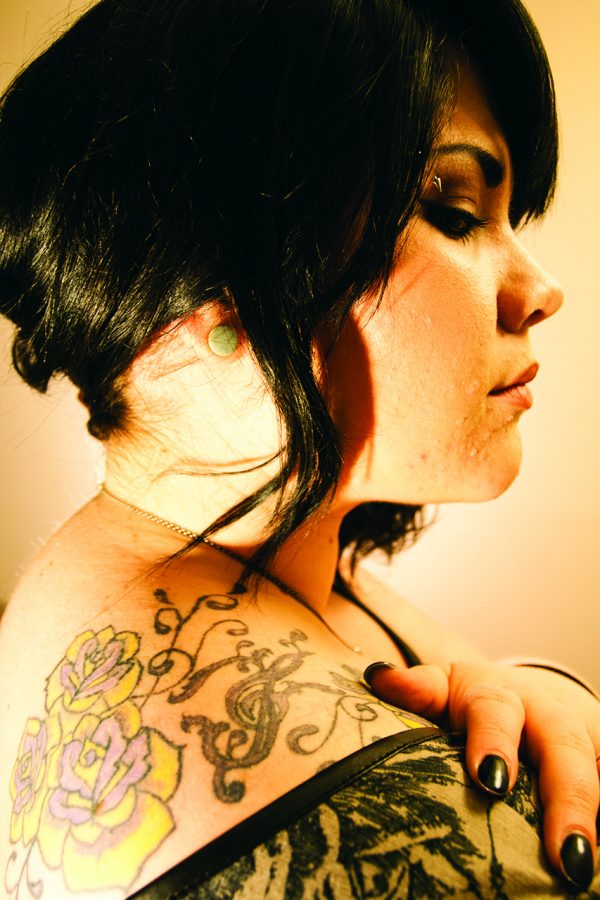Body dissatisfaction skews body image
January 16, 2014
As you stare down at the latest issue of your favorite magazine and see the muscular, tanned, perfectly sculpted Adonis’s — the angular faces, and concaving stomach that lead into tree-like long, skinny legs on the size-zero fashion models — do you find yourself pinching those love handles you been meaning to eliminate? Nowadays we are bombarded with so many images of what is “in” and what is acceptable to society that our bodies are unintentional construction zones.
Body acceptance is not only a major issue today — it’s a movement. Groups all over the world are joining together to fight this epidemic affecting not only females but males worldwide.
The University of Florida has formed a coalition with its students to start the Body Acceptance Movement (BAM) which strives to increase the self-esteem and body image of UF students, faculty and staff and to promote positive health behaviors like fun physical activity and intuitive eating.
Seventy-five percent of college students are dissatisfied with their bodies. A large part of that percentage take to trend diets and sporadically dieting and exercising but five percent of that group use extreme methods like taking laxatives or succumbing to eating disorders to lose weight.
“Body image relates to how you feel about yourself,” said Ernestine Davis, professor of nursing, coordinator of the Presidential Mentors Academy and co-director of Project Open. “It’s not about your make-up, the clothes you wear or how good you look. It’s how you feel about yourself. It’s about the positive image you have inside of yourself that you’re trying to project outward.”
The media has been feeding images of perfectly primped people to society for years but whether or not we take that image as perfect is up to us as viewers, said Professor of Journalism and Communications Jim Martin.
“It’s really not a media issue, it’s a personal issue,” Martin said.
Celebrities are manipulated to look a certain way in media, said UNA’s current reigning Miss Black and Gold Brianna Locke.
“It’s very important to accept and love your body the way it is because no one looks like the celebrities you see on TV and in magazines,” Locke said. “Not even the celebrities.”
Body acceptance is not only a personal issue, it’s accepting other people’s bodies, too. In the world of social media we live in today it’s so easy to go online, tweet or post a status about someone’s body. While you anonymously post your comment under a photo or tweet your thought on a user’s body shape they could be struggling with their own body image issues.
“You have to accept people for who they are and how they look,” said junior Raven Southward. “Who’s to say your size is the right size?”
The answer to body acceptance and body image issues is simply accepting that yes, your body doesn’t look like your best friend’s, or Channing Tatum’s or even Kim Kardashian’s, but it’s perfect the way it is.
“Here at the University of North Alabama we have a very diverse student body,” Davis said. “Because people don’t look like each other they say, ‘Oh, that person isn’t beautiful,’ but when I look at a person I look beyond their physical body image. I look at the inner body image and souls of a person and that’s what constitutes body image to me.”












